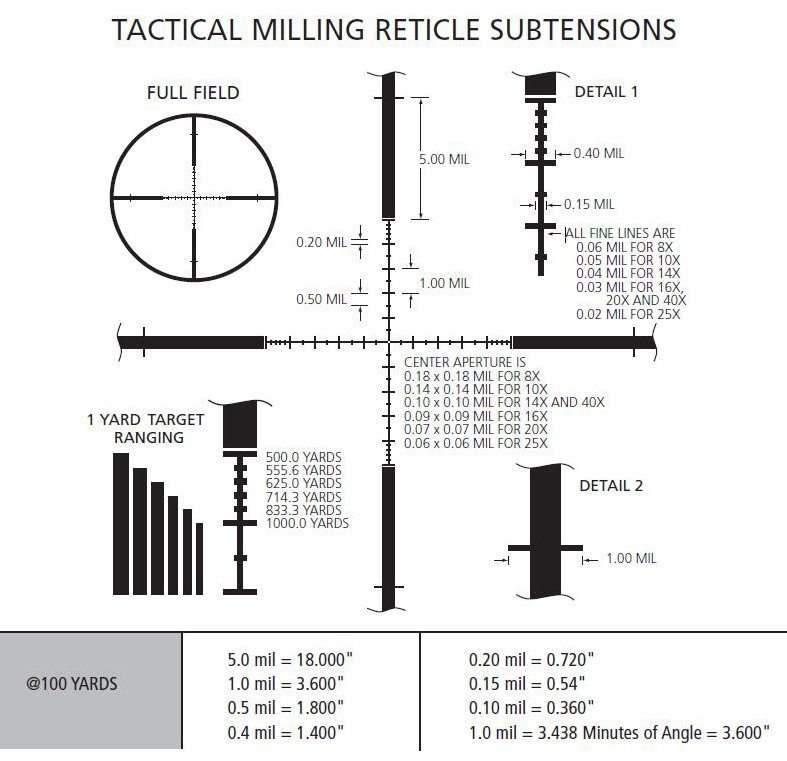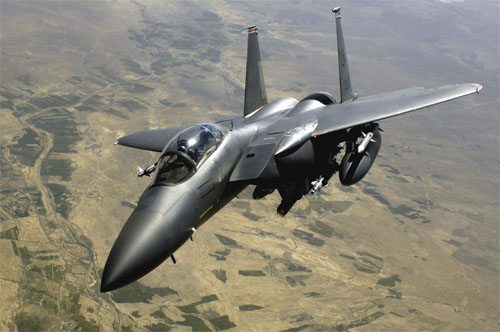United Press International,
WASHINGTON, DC: The Iranian nuclear crisis has become a hot and cold guessing game of hysteria and euphoria, experts say.
In the past two weeks, President George W. Bush has said that the United States would show Iran 'what`s right or wrong about their activities in Iraq,' prompting Iran`s Ayatollah Ali Khamenei to approve of the talks but warn that Iran will not be 'bullied' into backing down on the development of nuclear materials.
The latest issue of The National Interest, from the Nixon Center, a Washington think tank, looks at the concurrent euphoria and hysteria of the Iranian crisis from several different perspectives and asks how the United States can develop an effective strategy in response.
Ray Takeyh, a senior fellow at the Council for Foreign Relations and author of the upcoming book 'Hidden Iran; Paradox and Power in the Islamic Republic,' told a Nixon Center panel Thursday that Iran viewed relations with the United States just as it would approach 'any other pernicious, intrusive imperial country.' He attributed this attitude to the rise to power of the war generation, those who grew up during the 1980-88 Iran-Iraq War and who now view the United States with a mixture of distrust and passivity.
Iranian President Mahmoud Ahmadinejad`s 'curious' approach to diplomacy must be viewed in the context of the United States` central position in Iranian political narratives and the national imagination, Takeyh said.
The 1953 CIA coup which overthrew Iranian Prime Minister Mohammed Mossadeq was the starting point for a system of beliefs that continued until the 1980s, when the stalemate of the Iraq-Iran war led many Iranians to believe that 'outside superpowers were propping up Saddam (Hussein)`s regime.'
There is a certain 'stylistic formation' to many of Ahmadinejad`s public statements, giving the sense that the issue of uranium enrichment is merely a vehicle for asserting Iran`s regional ambitions in opposition to the European powers and the United States, Takeyh said.
'There are issues where they will negotiate but not acquiesce. If the purpose of the Security Council negotiations is to stop the fuel cycle, then you are not going to get it,' he said.
To Read Full Article, Click Here









